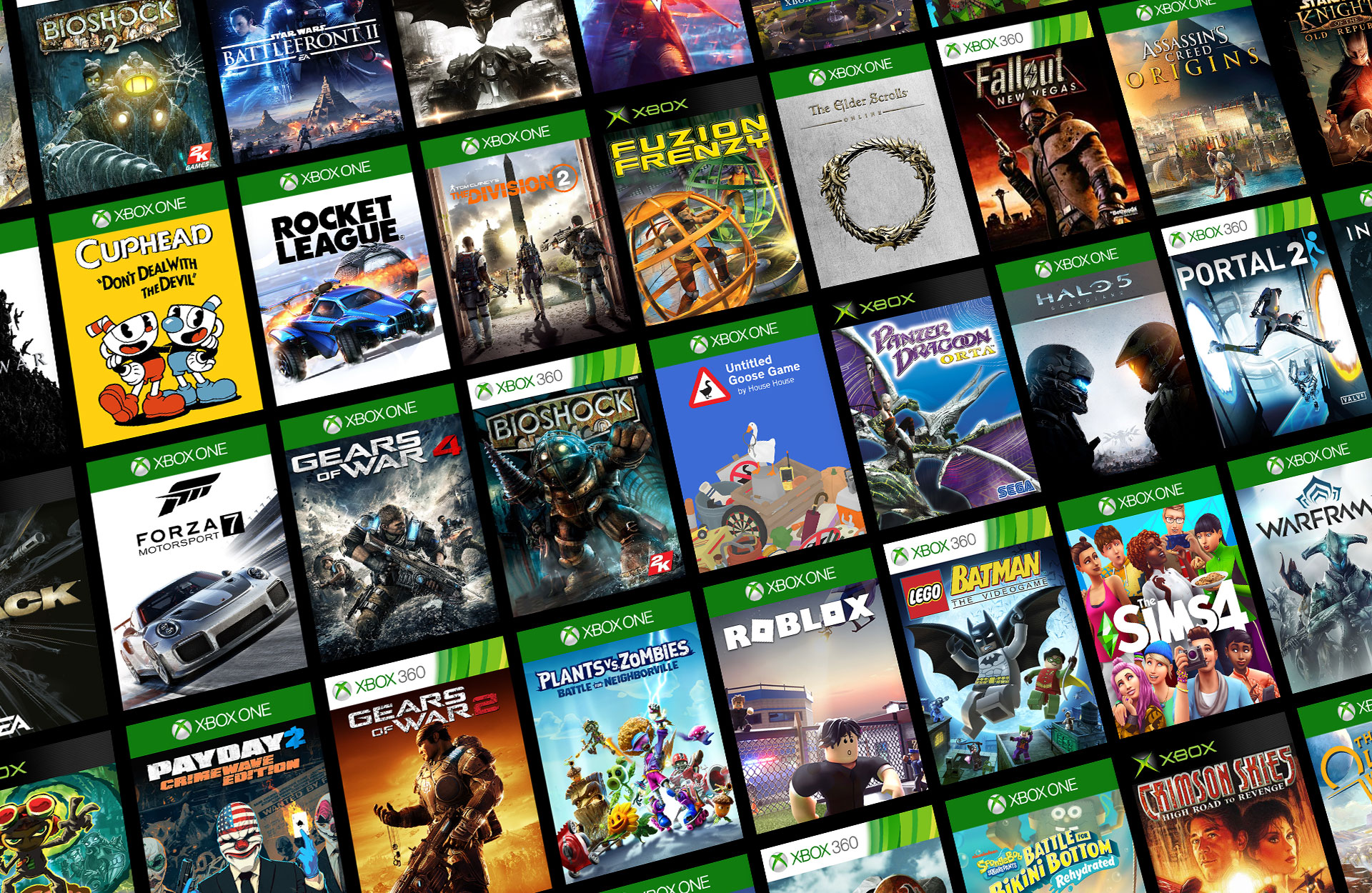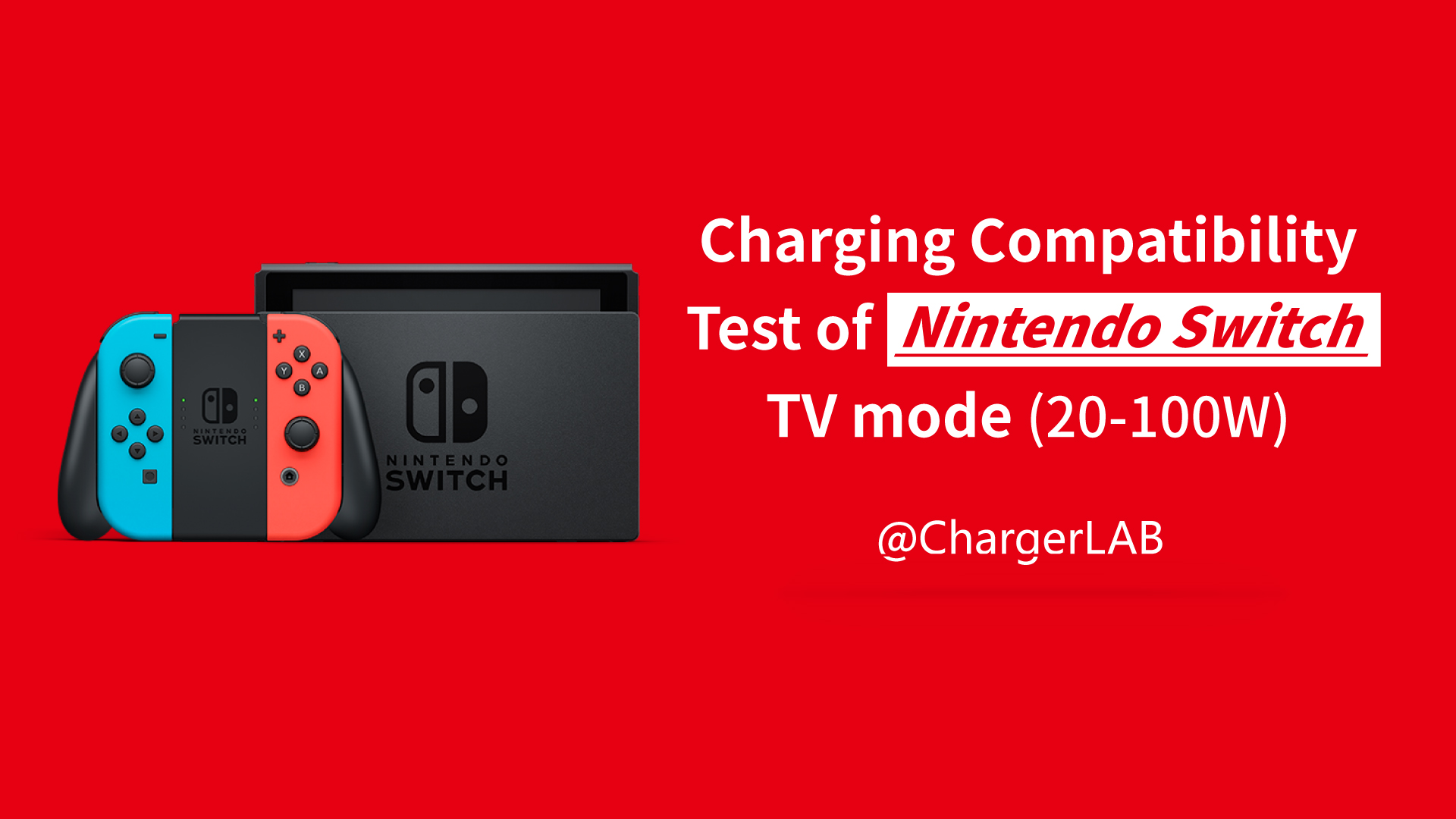Controlling Xbox Games From Your Windows PC
Streaming Xbox games directly to your Windows PC enables you to play your console library on a larger screen while using mouse and keyboard or an Xbox controller connected to your computer. With the Xbox Console Companion app, you can stream supported games from your Xbox One to your Windows 10 PC on the same local network. This allows for seamless cross-device gameplay across your Xbox and computer. The streaming quality can vary depending on your internet connection speed and latency, but playing less demanding games works quite well over a wired Ethernet network connection. More intensive titles may see occasional input lag or latency, so offline single-player games generally offer the best streaming experience. You’ll need a high-speed internet connection for a smooth online multiplayer experience when streaming between devices.

Playing Highlighted Games via Xbox Game Pass on Windows
In addition to streaming your entire Xbox library, Xbox Game Pass for PC provides access to over 100 select Xbox One and PC games that can be directly downloaded and played on your Windows 10 computer. Each month, Microsoft adds new blockbuster titles like Halo Infinite and exclusive indie games to the service’s catalog across console and PC. While the available games are a curated selection rather than your full digital library, Game Pass gives you the flexibility to play acclaimed hits without buying them individually. As long as you maintain an active subscription, you can access and install the extensive Game Pass collection on your computer anytime. This lets you experience top games from the comfort of your desktop without needing an actual Xbox console.
Emulation Allows Xbox Games on Alternative Platforms
For gamers wanting to played backed Xbox games on non-Microsoft hardware, emulation provides another option. Xbox emulators like Cxbx Reloaded or XQEMU make it possible to run original Xbox or Xbox 360 games on Windows PCs meeting the emulator’s minimum system requirements. While emulation is still an imperfect science for seventh generation consoles, the emulation scene has made great strides in recent years with titles like Forza Horizon, Fable, and Ninja Gaiden becoming fully playable on PC. As developers continue optimizing emulators, library compatibility gradually expands to include more games from those legacy systems. However, emulation remains legally questionable depending on where you live due to copyright issues.
How Xbox Cloud Gaming Stream Games to Any Device
Under the hood, Microsoft leverages cloud gaming technologies like xCloud and Xbox Cloud Gaming to power remote play and Game Pass capabilities across platforms. Through Microsoft datacenters worldwide, these services stream playable game videos from powerful server blades running the actual games. When you select a game title within the Xbox app, it connects you to the nearest Microsoft Azure datacenter running that game in a virtual gaming machine. From there, high-quality video of the gameplay is compressed and streamed over the internet to your device for low-latency viewing and control via inputs like controllers. This allows players to enjoy console-quality graphics and experiences across a variety of underpowered devices. The streaming approach means you never directly install or run the actual games locally - your inputs and the compressed video stream are what enable interactive remote gameplay on any supported client. As long as you have a fast, stable internet connection, you can transform almost any smartphone, tablet, or computer into an on-the-go Xbox console virtually anywhere.
Hundreds of Games from All Xbox Generations on PC
Through Game Pass, PC players gain access to a comprehensive library spanning multiple generations of Xbox games. In addition to recent blockbuster hits from the Xbox One and Series X/S era, the service provides classic titles from the original Xbox and Xbox 360. Franchise favorites like Halo, Gears of War, Forza, and Fable offer hundreds of hours of gameplay through their extensive back catalogs. You’ll find everything from the earliest 3D entries to later acclaimed entries in beloved long-running series. Indie darlings and lesser-known gems expand the catalog beyond biggest mainstream hits. Game Pass ensures there are always plenty of great options to discover within every genre. Whether you want high-octane shooters, brooding RPGs, racing simulations, or quirky indies, the selection manages to hit on all popular categories. Regular library additions keep the experience feeling fresh each month as well with new titles appearing all the time.
System Requirements for Playing Backward Compatible Games
While Xbox streaming and Game Pass have relatively modest hardware needs, emulating older Xbox systems presents more demanding system requirements. At a minimum, playing original Xbox or Xbox 360 games via emulation requires a modern multi-core CPU and discrete graphics card. For best performance when running emulators like Cxbx Reloaded or XQEMU, they recommend at least a quad-core CPU from the last 5 years, like an Intel Core i5-6600K or AMD Ryzen 5 1600. Graphics cards need to support DirectX 11 with at least 2GB of VRAM, such as a budget AMD RX 570 or Nvidia GTX 1050 Ti. 8GB or more of system RAM also helps avoid stuttering issues. Additionally, emulated games may have further compatibility quirks depending on specific in-game code or textures. Troubleshooting problematic titles often requires emulator debugging and optimization over time. But most popular classics have become quite stable to run on modest modern PC hardware.
Legal Concerns of Emulation vs. Remote Play Services
While playing old games on modern hardware offers appeal, the legal status of emulation remains unclear in many regions compared to Microsoft’s official remote services. Emulators potentially circumvent technological restrictions and copyright protection measures originally included to safeguard commercial software. Remote streaming solutions sidestep these issues by keeping the actual game files and execution on licensed servers. Users are merely accessing games they typically own licenses for through approved third-party remote access software. Xbox and many developers tacitly tolerate emulation for preservation purposes if users provide their own ROM files. But building and distributing emulators themselves remains a legal gray area depending on jurisdiction. By contrast, Microsoft’s remote play services enjoy explicit legal protection under fair use as a licensed remote access technology.
Xbox and PC Integration under Phil Spencer’s Leadership
Over the past decade, Xbox leadership has worked to dissolve barriers between the console and PC platforms. Under Phil Spencer, the brand has shifted strategy to focus on gaming experiences everywhere rather than dedicated hardware. This inclusive vision has empowered services like Xbox Game Pass, cloud streaming tech, and the ID@Xbox program for independent developers. By bringing Xbox outputs to Windows 10, the platforms now comfortably intersect and play nice together. Players can freely switch between screens while maintaining game saves, communities, and purchases in one unified Microsoft gaming ecosystem. The future promises even tighter integration between console and PC. Features like Smart Delivery provide upgraded versions of supported cross-buy games for whichever hardware you play on. With Spencer guiding the company’s gaming endeavors, expect these complementary platforms to remain interwoven for the benefit of all players going forward.
The Future of Accessible Gaming on Cloud and Subscription Services
Subscription services epitomized by Game Pass represent the probable coming dominant business model for video games. By delivering value at an affordable monthly price, these Netflix-style systems grant access to extensive libraries that grow each month. As internet connectivity becomes more pervasive worldwide, cloud gaming represents the clearest avenue for delivering interactive media virtually anywhere. With the marriage of subscription libraries and on-demand streaming technology, gaming transitions from siloed hardware to ubiquitous interactive experiences. Players gravitate toward the flexibility and freedom that allows enjoyment across devices rather than requiring dedicated equipment. This accessibility benefits both core enthusiast audiences and more casual players discovery games they otherwise never would have tried. While variable connection quality presents ongoing challenges, steady improvement of bandwidth infrastructure worldwide makes virtual client-server gaming latency a solvable technological problem. If cloud services and 5G networks deliver on their promise, the future presents an interactive entertainment landscape where games become as available as other streaming media—empowering billions of new potential players globally.
 Sharing Digital Games on PlayStation 4: How Friends Can Play Together
Sharing Digital Games on PlayStation 4: How Friends Can Play Together